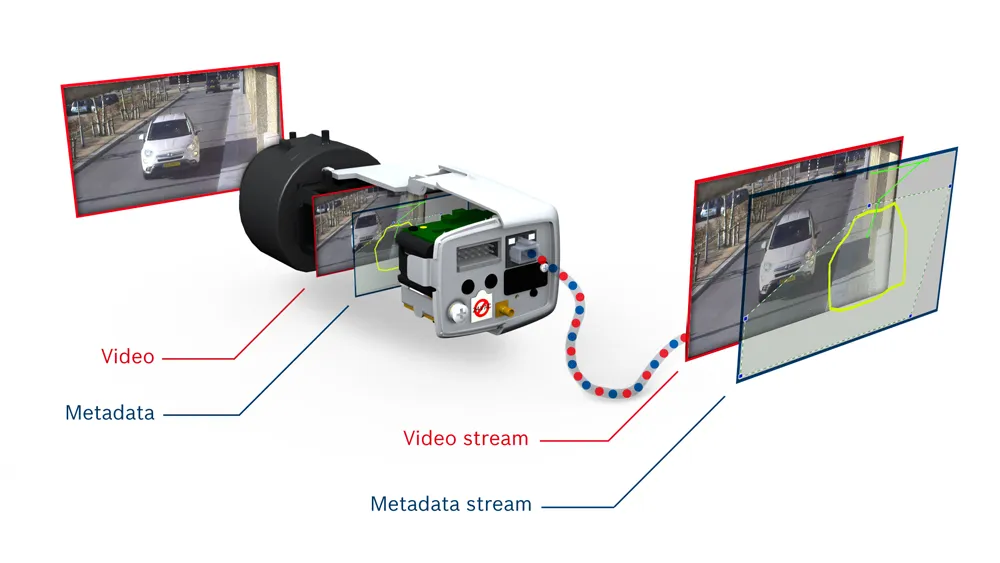In-vehicle and traffic data company Waycare has signed a deal with navigation app
The companies say the arrangement shows how driver communities can benefit from interacting with municipal traffic organisations. Noam Maital, CEO of Waycare, says it will “further enable municipalities using Waycare’s traffic management platform to unlock critical operational insights to improve traffic flow and traffic safety”.
Waze’s information is crowdsourced from drivers. Adam Fried, Waze global partnerships manager, says the deal will help authorities to make “informed planning decisions and improve existing city infrastructure”, communicating with drivers to warn of dangerous roads, hazards, and incidents ahead.
Waze’s Connected Citizens Program has 600 partners worldwide and is designed to help cities unlock anonymised crowdsourced driver data.
Waycare signs up with Waze
In-vehicle and traffic data company Waycare has signed a deal with navigation app Waze. The partnership will see the pair swapping aggregated road traffic data, enabling city and public agencies to communicate directly with vehicles on the road and to harness real-time in-vehicle data to improve safety and traffic flow. The companies say the arrangement shows how driver communities can benefit from interacting with municipal traffic organisations. Noam Maital, CEO of Waycare, says it will “further enable
April 27, 2018
Read time: 2 mins









